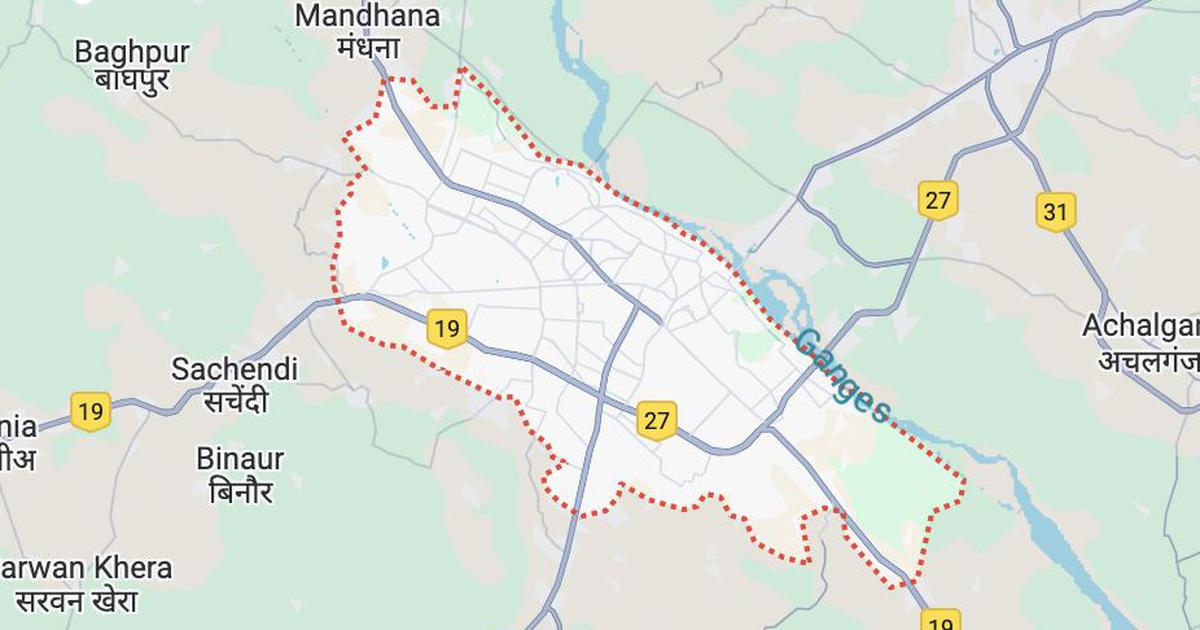
Anantnag/Kashmir: Mohammad Tahir, 36, completed his bachelor’s degree from Aligarh Musli
By SAQIB MIR / Article14
Anantnag/Kashmir: Mohammad Tahir, 36, completed his bachelor’s degree from Aligarh Muslim University in 2008 and returned home to Kashmir the same year to a festive mood.
His father, a shopkeeper, was the sole breadwinner for the family of seven, and the family was eager for him to complete his post-graduation and kick off an academic career.
When Tahir arrived in Kashmir, admissions for the year were open in only one university. His mother sold her jewellery to ensure he did not lose a year, and Tahir, then in his early twenties, completed his post-graduation in peace and conflict studies before getting admission to the International University of Japan in Niigata Prefecture in coastal Japan, for a second post-graduate degree in the same subject.
The 2010 rebellion in Kashmir had disturbed most students’ studies, and Tahir felt his education was incomplete, he said, about his decision to travel to Japan.
From Japan he went to Dublin City University in Dublin, Ireland, where he pursued a doctoral degree in politics and international relations. On completing his PhD, he found a job as an assistant professor in the same university, where he was contracted to teach politics.
His family was elated, but a year later, in 2020, he was back in India. “Some personal problems compelled me to leave the job and return,” Tahir told Article 14.
Tahir was certain he could find a job as an assistant professor in Kashmir, but to his shock, his academic qualifications were considered inadequate in Kashmir.
Despite having 10 publications by then in reputed international journals (two in peer-reviewed journals) and having passed the national eligibility test (NET, a test conducted on behalf of the University Grants Commission [UGC] to determine the eligibility of Indian nationals for ‘assistant professor’ and ‘junior research fellowship and assistant professor’ in Indian universities and colleges), he was found ineligible for teaching in Kashmir.
More than a year later, Tahir is unemployed, was clinically depressed as his frustration deepened at not being able to restart his teaching career, and he has survived by dipping into his meagre savings and working as a guest faculty member for a couple of months.
The Word That Stops Kashmiri Scholars
The problem was that Tahir’s master’s degree and his doctoral work were in subjects “allied” to courses taught in Kashmir colleges. It is rare for recruitment bodies or colleges/ universities in Kashmir to invite applications from candidates with degrees in “allied” subjects. The norm has been to recruit teachers with a master’s or higher qualification in the very subject to be taught.
In many other parts of India, aspiring teachers can apply for the post of contractual assistant professors in political science, even if their master’s is in an allied subject, such as peace and conflict studies.
Khalid Wasim, an assistant professor in the department of politics and governance at the Central University of Kashmir, the sole university in the region that considers candidates with degrees in “allied” fields eligible for teaching posts, said there was a need to relax the criteria.
“If we look at the UGC guidelines 2018, they consider allied subjects, but here this is not being implemented in the right manner,” said Wasim. “Everyone who takes charge of affairs in the education department defines these rules in their own way, so it has become problematic.”
Wasim said this was “injustice to the students” and a “very discriminatory practice”.
Rohit Kansal, principal secretary to the Kashmir’s government’s higher education department, and professor Mushtaq Ahmad Lone, dean of academics at Cluster University Srinagar, did not respond to queries on the issue.
This story was originally published in aticle-14.com . Read the full story here






